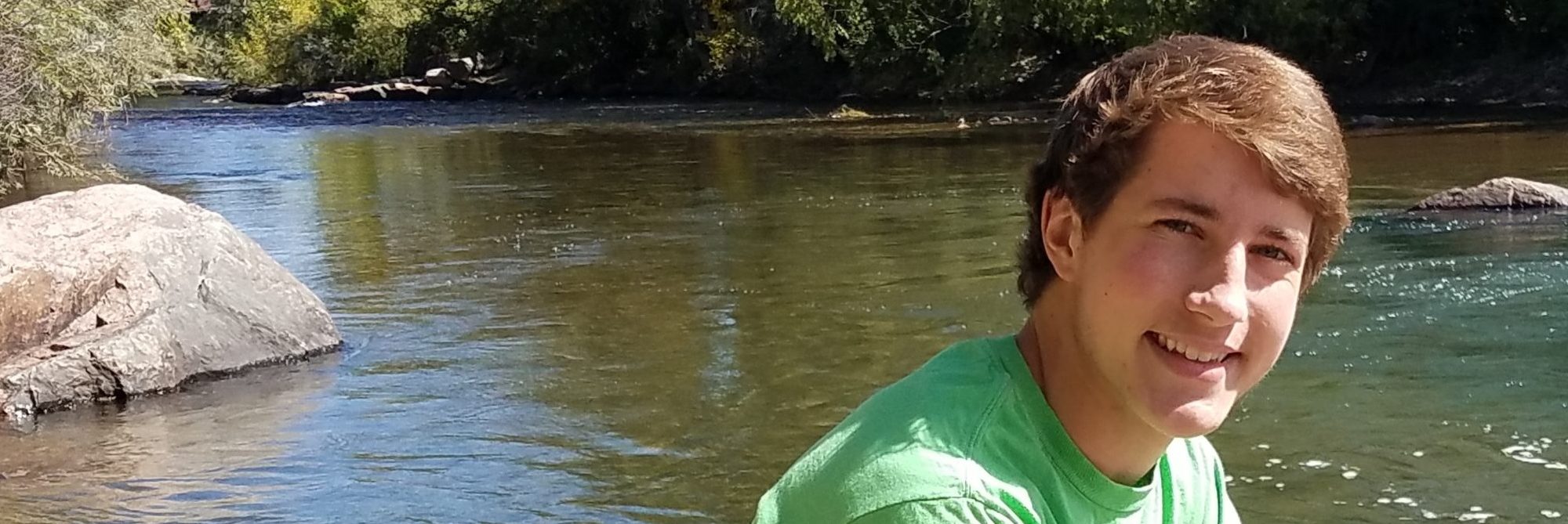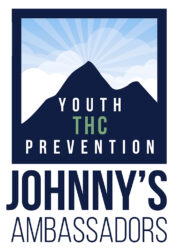By Laura Stack
Most of us are so used to thinking of marijuana as a recreational drug that it might surprise you to learn that some teens don’t use it to get high. In a number of small studies, teenage users have reported using marijuana primarily to cope with life issues. The symptoms they most often target include physical pain, anxiety, depression, ADHD, grief, and stress. Others reported using it to help them sleep or concentrate; the latter would dovetail with the ADHD and, potentially, depression and anxiety issues. Some use pot to help relieve more than one symptom.
Often, these teens know about some of the negative effects of pot, including loss of concentration and a decreased ability to learn. But they claim they don’t use the drug in excess, and that, in fact, their usage is “normal.” Clearly, they feel its benefits outweigh its costs, and deliberately try to limit their use to avoid addiction and mental illness. Unfortunately, these young users aren’t sufficiently informed to properly regulate or, in medical terns, to “titrate” their drug use. As a result, sometimes the self-medication results in addiction or a worsening of the very symptoms they’re trying to alleviate.
Note that these are not teens who have been diagnosed with ailments like seizures, cancer, or glaucoma, for which the medical use of marijuana has been approved. They’ve made the decision to medicate themselves with the drug under recreational use (they do not have med cards, and it has not been prescribed to them). This is made simpler for them by the fact that marijuana products are easy to acquire, even for underage buyers (a 16-year-old Colorado teen I just talked with said any high schooler can get marijuana in five minutes).
Many users claim marijuana helps them relax and temporarily helps them forget their symptoms, but the scientific evidence for that is lacking. Much of the anecdotal evidence contradicts this idea as well. Marijuana use does not aid in concentration, and for many users, it stimulates them rather than makes them sleepy, due to the high THC content of most modern marijuana products.
Worse, in high doses, users can end up with worse effects than those they’re trying to escape, including heightened anxiety (e.g., cannabis-induced anxiety disorder) psychotic breaks, paranoia, deep depression, and schizophrenia (up to five times the normal rate). It also may trigger suicidal tendencies and thoughts (up to seven times the normal rate). In one study of twins, marijuana use was associated with twice the normal risk for depression.
The scientific evidence shows that in most cases, anxiety actually increases between uses and may scale up to outright panic. Such attacks can occur even while using.
Using marijuana for anxiety and depression is like walking a high wire without a net, over a pit of razor blades. You must balance it very carefully, or you’ll fall off and hurt yourself. It’s better to try one of the many prescription medications that are proven to help manage anxiety and depression without increasing either.
To understand how marijuana makes people feel “high,” you have to turn to neurotransmitters (natural brain chemicals) call endocannabinoids. These fit into special receptors in your neurons to help regulate brain growth during adolescence, as well as regulate your moods all your life, including anxiety and general happiness. The chemicals in cannabis, called cannabinoids, mimic natural endocannabinoids and steal their places in your neurons, activating your reward system. One writer calls them a “dimmer switch” for neurons, disrupting the function of neurotransmitters and hindering message handling—i.e., thought—in the affected neurons. But if you use pot too much, the presence of excess cannabinoids in your brain interferes with message reception and damages brain development in teens.
When you get right down to it, self-medicating with cannabis is dangerous, especially for adolescents, and doesn’t work all that well anyway. With rare exceptions, there’s always a long-term, legal medication or therapy that works better for all the symptoms I’ve discussed. If you think otherwise, you’re fooling yourself and flirting with dependence, addiction—and mental illness.


